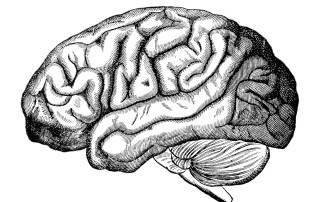Ok, it’s been 10 days since I finished writing the first installment of this article. I kind of knew that would happen. I knew it would happen because it’s happened so many times before. Despite this knowledge, I often feel powerless to do anything about it. Today, I’m going to address another reason why I might feel that way as well as making some suggestions that might help to overcome it. Lack of Motivation This may seem overly obvious as an explanation but motivation is much more biological (biochemical, to be specific) in nature than people realize. Wanting to do something isn’t as simple as being interested in doing it and then doing it. In order for any activity to be motivating, even those that we experience as intrinsically rewarding or intensely pleasurable, we rely on the presence of a critical neurochemical known as dopamine. Dopamine has many functions, depending on where in the brain and body it is being used. It is a pleasure chemical (stimulants increase dopamine levels, as does sexual activity). It also provides physical energy. It is implicated in control of fine and gross motor control (Parkinson’s patients don’t have enough dopamine in the part of […]
Validating Your Brain: The Epic Conclusion
Click here for part 1 and part 2 Up to this point, my last two posts have tried to demonstrate a few key realizations: The brain is working primarily on an unconscious level. Because of this, we are rarely as aware of what we are doing and why as we would like to believe. The brain is well-intentioned and is trying to accomplish its sole purpose, surviving the moment. Because it is focused on surviving the moment, it will make decisions that favour short-term benefits EVERY SINGLE TIME, unless we override it. Because the brain operates primarily on the level of our unconscious, it usually communicates with our conscious brain indirectly. Often, it is trying to get our attention and we are not listening to it, which leads to the perpetuation of problem behaviors, thoughts, and feelings. If we learn to really listen to our brain, it will tell us everything we need to know. The final piece of this trilogy will attempt to focus on the final point I’ve listed above. Specifically, I’m going to be demonstrating how working together with your brain, instead of fighting against it, is the surest way to mental health and a better experience […]





Recent Comments